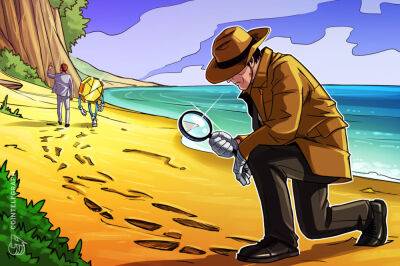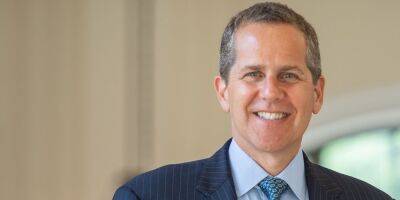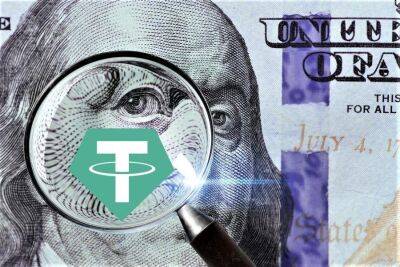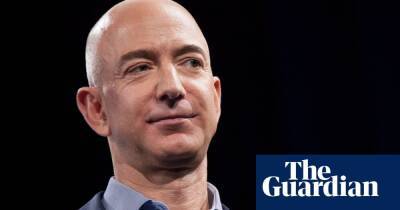Jeff Bezos is worth $160bn – yet Congress might bail out his space company
On 20 July 1969, 650 million people throughout the world watched with bated breath as Neil Armstrong successfully fulfilled President Kennedy’s vision. The United States achieved what had seemed impossible just a few decades before. We had sent a man to the moon.
On that historic day, the entire world came together to celebrate the enormous accomplishment as Armstrong’s voice boomed from our television sets: “That’s one small step for man, one giant leap for mankind.”
In just eight short years the US, led by our extraordinary scientists, engineers and astronauts at Nasa, had opened up a new world for humanity. And while the entire world rejoiced, there was a special joy and pride in our country because this was an American project. It was our financing, our political will, our scientific ingenuity, our courage that had accomplished this milestone in human history. We had not only “won” the international space race, but more importantly, we had created unthinkable opportunities for all of humankind.
Fifty-three years later, as a result of a huge effort to privatize space exploration, I am concerned that Nasa has become little more than an ATM machine to fuel a space race not between the US and other countries, but between the two wealthiest men in America – Elon Musk and Jeff Bezos, who are worth more than $450bn combined.
After many billions of dollars of taxpayer funding the American people are going to have to make a very fundamental decision. If we are going to send more human beings to the moon and eventually to Mars, who will control the enterprise and what will be the purpose of that exploration? Will the goal be to benefit the people of the United States and the entire world, or will it be a vast boondoggle to make
Read more on theguardian.com






![Fear stronger than greed: The reason behind Axie Infinity’s [AXS] weakness - ambcrypto.com](https://finance-news.co/storage/thumbs_400/img/2022/5/19/26319_zss.jpg)






